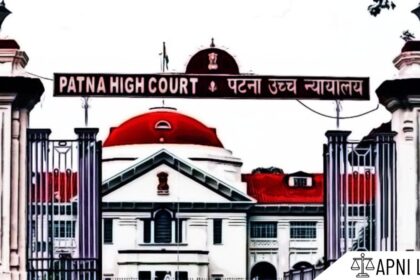Code: Section 79 BNSS
79. A warrant of arrest may be executed at any place in India.
Explanation of Section 79 BNSS
Section 79 of the Bharatiya Nagarik Suraksha Sanhita (BNSS), 2023, provides that a warrant of arrest issued by a competent Court in India can be executed at any location within the country. This ensures that law enforcement authorities are not restricted by territorial jurisdiction when carrying out arrests under a lawful warrant.
Key Aspects of Section 79 BNSS
-
Nationwide Applicability – A warrant of arrest is valid across India, meaning an accused can be arrested in any state or union territory.
-
No Territorial Restriction – Police officers from any state can execute a warrant in another state without needing separate authorization.
-
Enhanced Law Enforcement Cooperation – The provision ensures smooth collaboration between police forces across different jurisdictions, aiding in effective criminal justice enforcement.
Illustration of Section 79 BNSS
Example 1: Warrant Issued in One State, Executed in Another
A Court in Delhi issues a warrant of arrest for an individual accused of fraud. The accused is later found in Mumbai. Under Section 79 BNSS, Mumbai Police can execute the warrant and arrest the accused without needing additional approval.
Example 2: Interstate Execution of Arrest Warrants
A person wanted in a cybercrime case in Uttar Pradesh is located in Bengaluru. The Bengaluru Police can lawfully execute the warrant under Section 79 BNSS, ensuring the accused is apprehended without jurisdictional delays.
Common Questions and Answers on Section 79 BNSS
1. Can a police officer from one state execute a warrant in another state?
✅ Yes, under Section 79 BNSS, a warrant issued in any state is valid across India and can be executed in another state without requiring special permission.
2. Does a warrant need additional approval before being executed in another state?
✅ No, as per Section 79 BNSS, an arrest warrant can be executed anywhere in India without seeking additional approval from another state’s authorities.
3. What happens if an accused resists arrest in another state?
✅ If an accused resists arrest, the executing police force can seek assistance from local law enforcement under BNSS provisions to ensure the warrant is carried out effectively.
4. Can a private individual execute an arrest warrant under Section 79 BNSS?
❌ No, only authorized law enforcement officers can execute an arrest warrant under this section.
Conclusion
Section 79 of the BNSS, 2023, ensures that a warrant of arrest issued by any Court in India is valid nationwide, preventing accused persons from evading justice by moving to another state. This provision strengthens the legal framework for effective law enforcement and smooth interstate police cooperation.
For expert legal insights, visit ApniLaw today!









